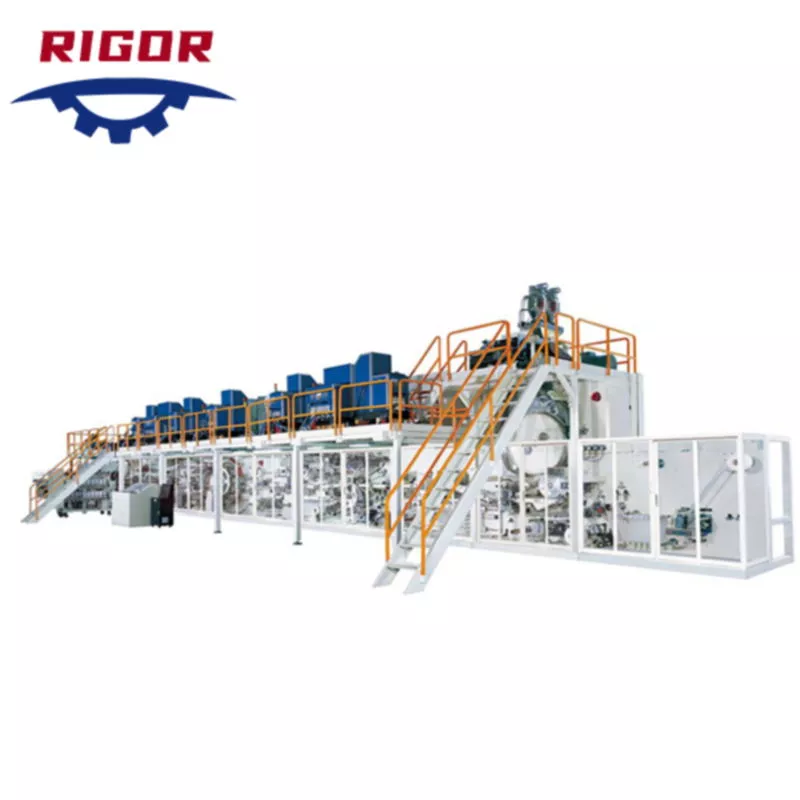The use of diapers in nursing homes can be associated with several potential risks and complications, including:
Skin irritation and infection: Prolonged exposure to moisture from urine or feces can cause skin irritation or infection, particularly in elderly individuals who may be more susceptible to skin breakdown.
Incontinence-associated dermatitis: This is a type of skin inflammation that is caused by prolonged exposure to urine or feces. It can lead to redness, itching, and discomfort for the resident.
Urinary tract infections: The use of diapers can increase the risk of urinary tract infections in elderly individuals, particularly if the diapers are not changed frequently enough or if residents are not properly cleaned after toileting.
Reduced mobility: The use of diapers can make it more difficult for elderly individuals to move around and engage in activities, which can lead to reduced mobility and muscle weakness over time.
Psychological effects: The use of diapers can be embarrassing or dehumanizing for some residents, particularly if they are not properly managed or if their privacy is not respected.
To minimize the risks and complications associated with the use of diapers in nursing homes, it’s important for staff to provide appropriate care and support for residents who require the use of diapers. diaper manufacturing This includes regular changing and monitoring for skin irritation or infection, as well as proper hygiene and cleaning practices. Staff should also be trained in proper diaper changing techniques and should be aware of the potential risks and complications associated with the use of diapers.
What kind of training should staff receive for proper diaper changing techniques?
Staff in nursing homes who are responsible for changing diapers should receive training on proper diaper changing techniques to ensure that they are providing safe and effective care for residents.
Here are some of the key elements of diaper changing training that staff should receive:
Hand hygiene: Staff should be trained on the importance of hand hygiene before and after diaper changing to prevent the spread of infection.
Proper positioning: Staff should be trained on how to properly position the resident for diaper changing to ensure safety and comfort.
Use of gloves: Staff should be trained on when and how to use gloves during diaper changing to prevent the spread of infection and protect themselves and the resident.
Checking the diaper: Staff should be trained on how to check the diaper for wetness or soiling and how to assess the condition of the resident’s skin.
Cleaning the resident: Staff should be trained on how to clean the resident’s skin effectively and gently to prevent skin irritation or infection.
Applying a new diaper: Staff should be trained on how to properly apply a new diaper to ensure a secure and comfortable fit.
Disposal of used materials: Staff should be trained on how to safely and hygienically dispose of used diapers and other materials.
In addition to these basic techniques, staff should also be trained on how to respond to any complications or issues that may arise during diaper changing, such as skin irritation or infection. Ongoing training and education on best practices for diaper changing can help ensure that staff are providing safe and effective care for residents in nursing homes.
